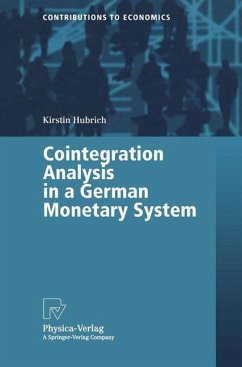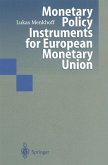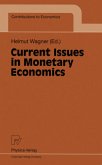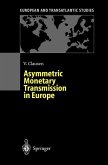With the decision of the European Central Bank to assign a prominent role to a monetary aggregate in its policy strategy, it is essential to further understand the policy of monetary targeting of the German Bundesbank and the conditions under which it succeeded. The focus of the empirical analysis is on long-run monetary relationships. A small sample simulation analysis compares the size and power properties of a broad range of systems cointegration tests. The results determine the methods chosen for the cointegration analysis of a small system of macroeconomic variables for Germany. Three stable long-run economic relationships are found which are of major interest for the conduct and transmission of monetary policy in Germany. With the stability of the long-run money demand relation one precondition for the monetary targeting strategy of the Bundesbank is fulfilled. The analysis accounts for the structural break of German reunification and examines the robustness of the empirical results.
Hinweis: Dieser Artikel kann nur an eine deutsche Lieferadresse ausgeliefert werden.
Hinweis: Dieser Artikel kann nur an eine deutsche Lieferadresse ausgeliefert werden.








